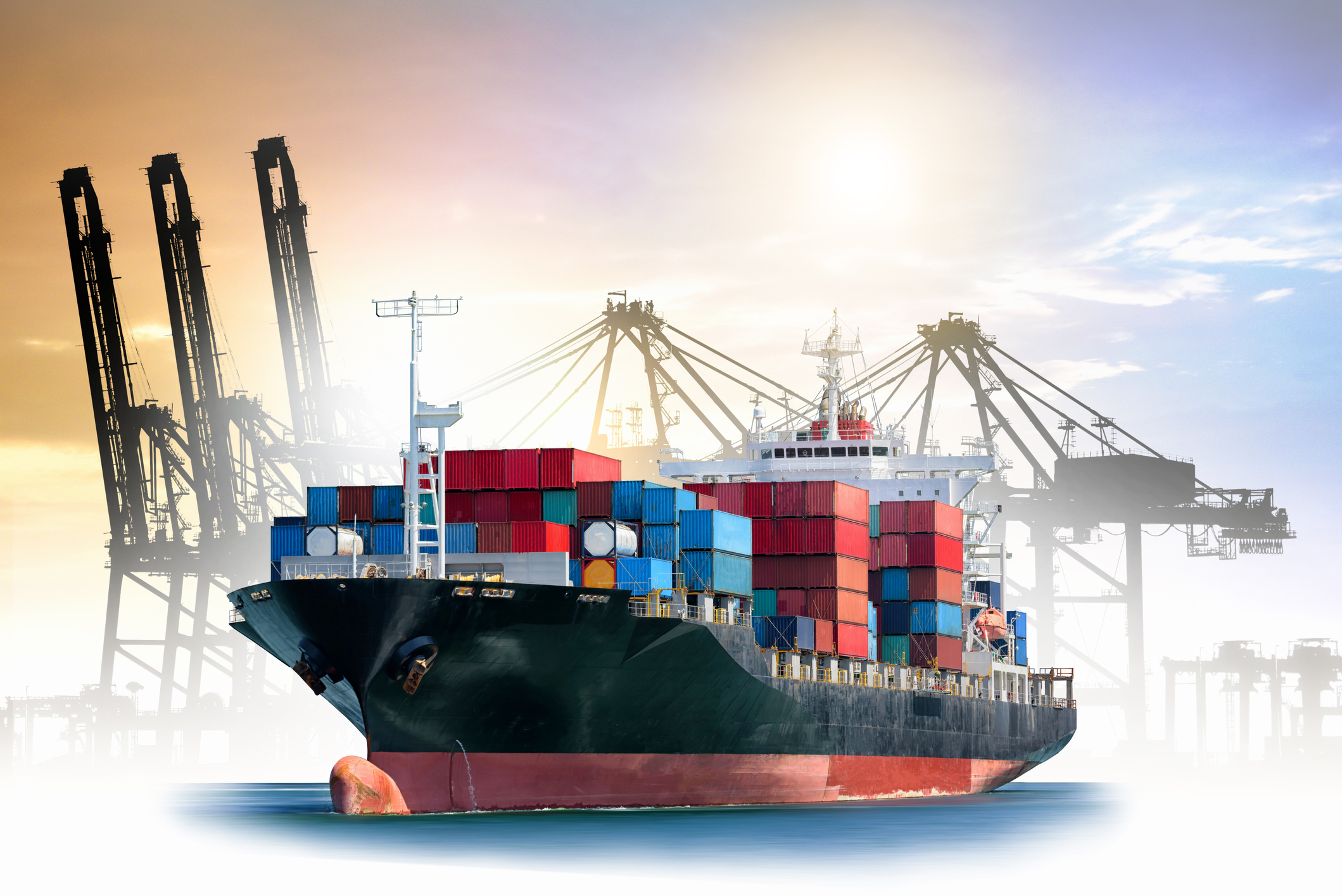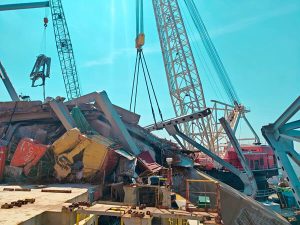The United Nations Conference on Trade and Development (UNCTAD) has called for a “just and equitable transition” to a decarbonized shipping industry in its Review of Maritime Transport 2023 launched ahead of World Maritime Day on September 28. The agency highlights the pressing need for cleaner fuels, digital solutions and an equitable transition to combat continued carbon emissions and regulatory uncertainty in the shipping industry.
The shipping industry accounts for over 80% of the world’s trade volume and nearly 3% of global greenhouse gas emissions, with emissions escalating by 20% in just a decade (see Figure 1). UNCTAD Secretary-General Rebeca Grynspan said “Maritime transport needs to decarbonize as soon as possible, while ensuring economic growth. Balancing environmental sustainability, regulatory compliance and economic demands is vital for a prosperous, equitable and resilient future for maritime transport.”
UNCTAD, ahead of the United Nations climate conference (COP28) in November of this year, advocates for a shift towards cleaner fuels in shipping, emphasizing the need for an environmentally effective, procedurally fair, socially just, technologically inclusive and globally equitable transition strategy. The organization underscores the importance of system-wide collaboration, swift regulatory interventions, and robust investments in green technologies and fleets.
While the transition to cleaner fuels is in its early stages, with nearly 99% of the global fleet still reliant on conventional fuels, the report cites promising developments, including 21% of vessels on order designed for alternative fuels.
Decarbonization costs mounting
However, the transition comes with substantial costs. UNCTAD reports that an additional $8 billion to $28 billion will be required annually to decarbonize ships by 2050, and even more substantial investments, ranging from $28 billion to $90 billion annually, will be needed to develop infrastructure for 100% carbon-neutral fuels by 2050. Full decarbonization could elevate annual fuel expenses by 70% to 100%, potentially affecting small island developing states (SIDS) and least developed countries (LDCs) that heavily rely on maritime transport.
To ensure an equitable transition, UNCTAD calls for a universal regulatory framework applicable to all ships, irrespective of their registration flags, ownership or operational areas, thereby avoiding a two-speed decarbonization process and maintaining a level playing field.
Shamika N. Sirimanne, UNCTAD’s director of technology and logistics, said “economic incentives, such as levies or contributions paid in relation to shipping emissions may incentivize action, can promote the competitiveness of alternative fuels and narrow the cost gap with conventional heavy fuels. These funds could also facilitate investments in ports in SIDS and LDCs, focusing on climate change adaptation, trade and transport reforms, as well as digital connectivity.”
(Dreamstime photo)





